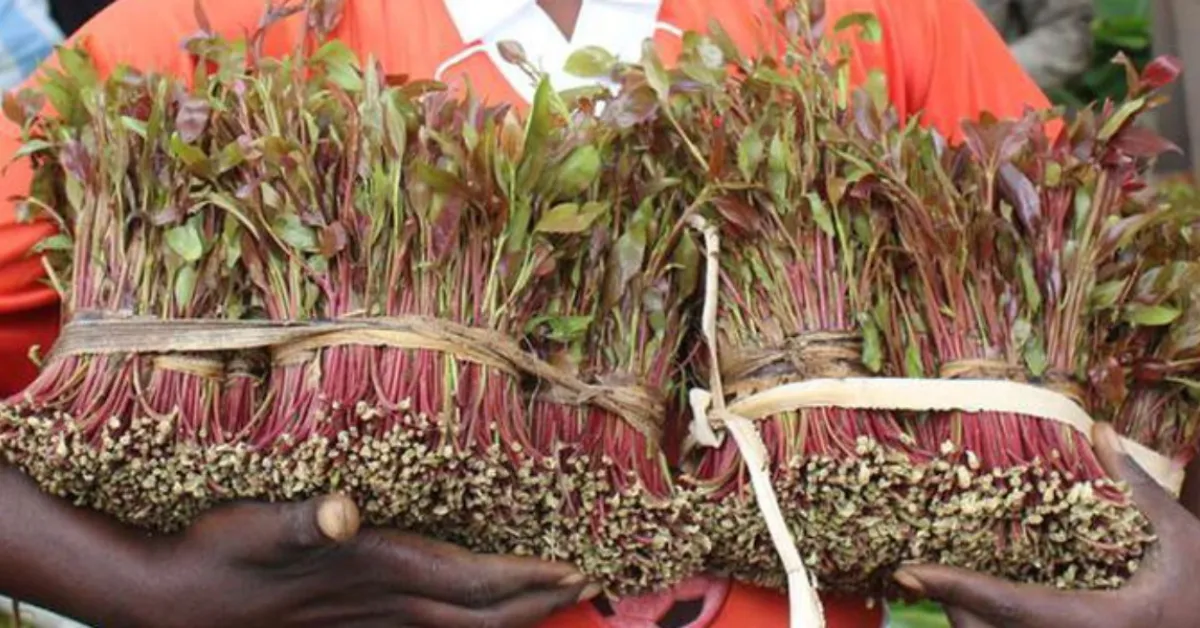Kenya to Use Cooperatives to Stabilise Miraa Supply Chain

The Kenyan government has announced plans to reform the Miraa sector by introducing cooperatives to oversee production and expand access to international markets.
The Ministry of Cooperatives intends to establish dedicated Miraa cooperatives to regulate the crop’s production and trade. The move aims to stabilise domestic supply chains, reduce price volatility, and improve earnings for farmers.
Principal Secretary in the State Department of Cooperatives, Patrick Kilemi, said the initiative will focus on managing supply during periods of surplus, when prices typically fall. He noted that while demand remains outside the government's control, the supply side can be regulated through structured coordination among growers.
“We want to deliberate with stakeholders and control the supply side of Miraa through cooperatives so that we may always regulate the production of Miraa. We have no control over demand, but we have control over the supply,” Kilemi said.
The planned cooperatives will coordinate harvesting schedules, prevent market oversupply, and support fair pricing. Consultations with stakeholders are set to begin in the coming weeks to finalise implementation strategies and address operational issues.
Improving security along transport routes is also a key part of the reform. Authorities have reported rising cases of theft and hijackings targeting vehicles transporting Miraa. The government plans to enhance safety measures to protect both goods and personnel involved in distribution.
Miraa, also known as khat, was classified as a scheduled crop in 2016 after amendments to the Crops Act of 2013. This gave the government authority to regulate its cultivation and trade. The crop is a major source of income in counties such as Meru, Tharaka Nithi, and Embu, and its cultivation is expanding into regions including Marsabit, Kirinyaga, Nyeri, and Machakos.
In a related development, the Agriculture and Food Authority (AFA) recently announced that Djibouti has opened its market to Kenyan Miraa exports. The approval follows bilateral trade talks held in late 2024 and is contingent on compliance with Djibouti’s import regulations.
“AFA wishes to notify the public and stakeholders of new export opportunities for Kenyan Miraa (Khat) of Djibouti, following successful trade engagements between the two nations,” said AFA Director Linyuru in a statement on 23 July.
The agreement is expected to create new income opportunities for Kenyan growers and strengthen trade relations between the two countries. Exporters are required to meet Djibouti’s certification and licensing standards to access the market.














Add new comment